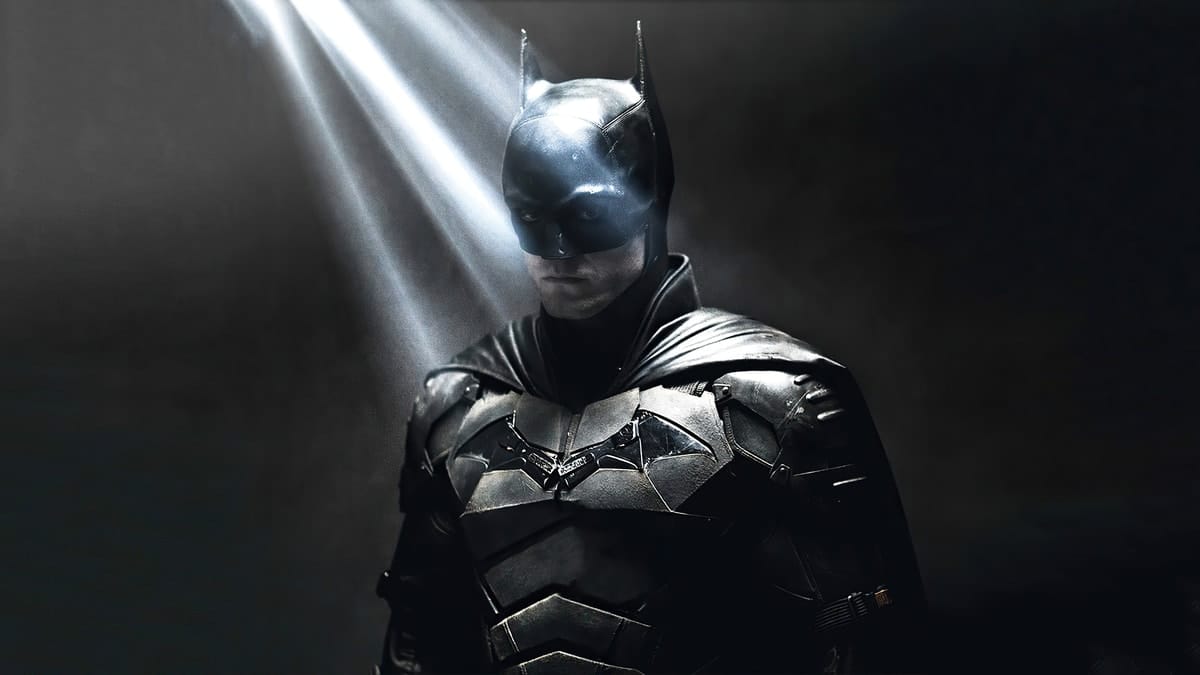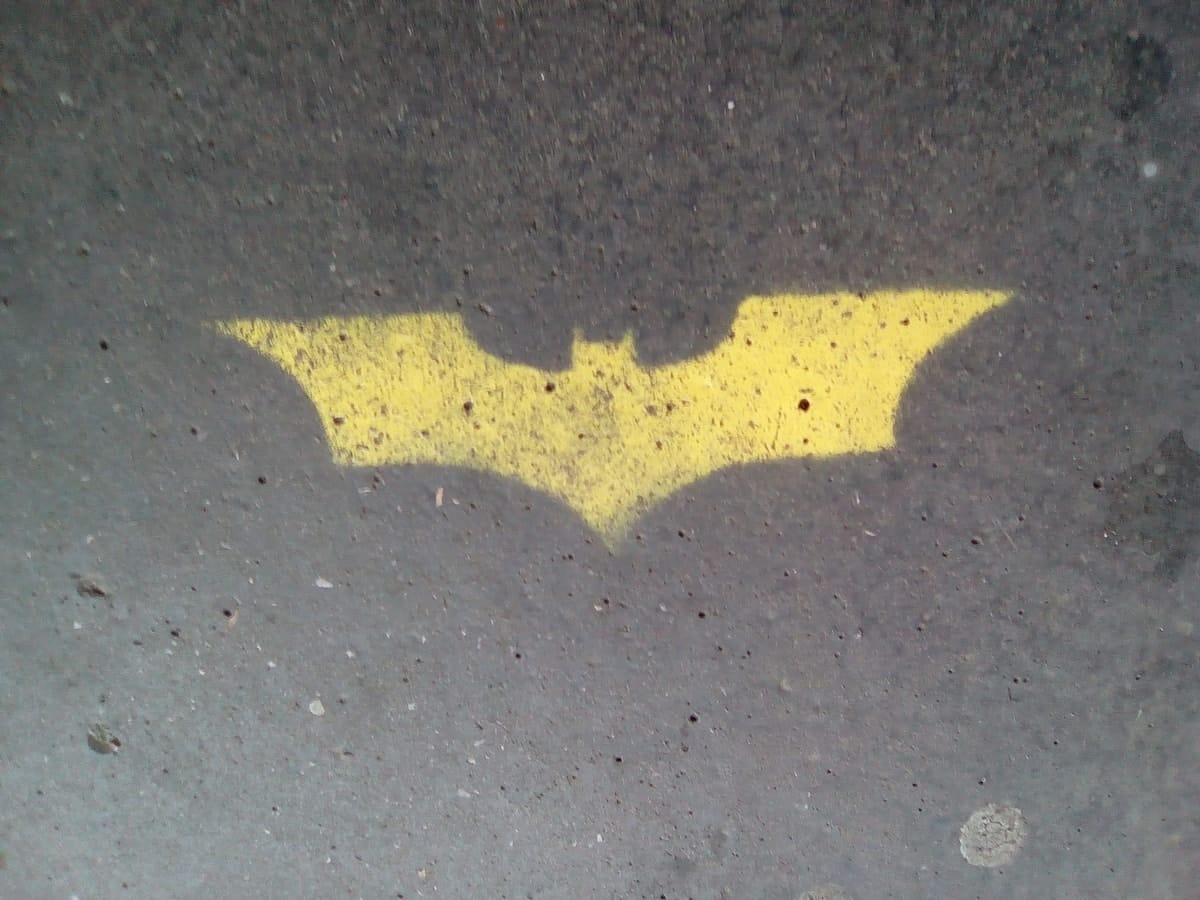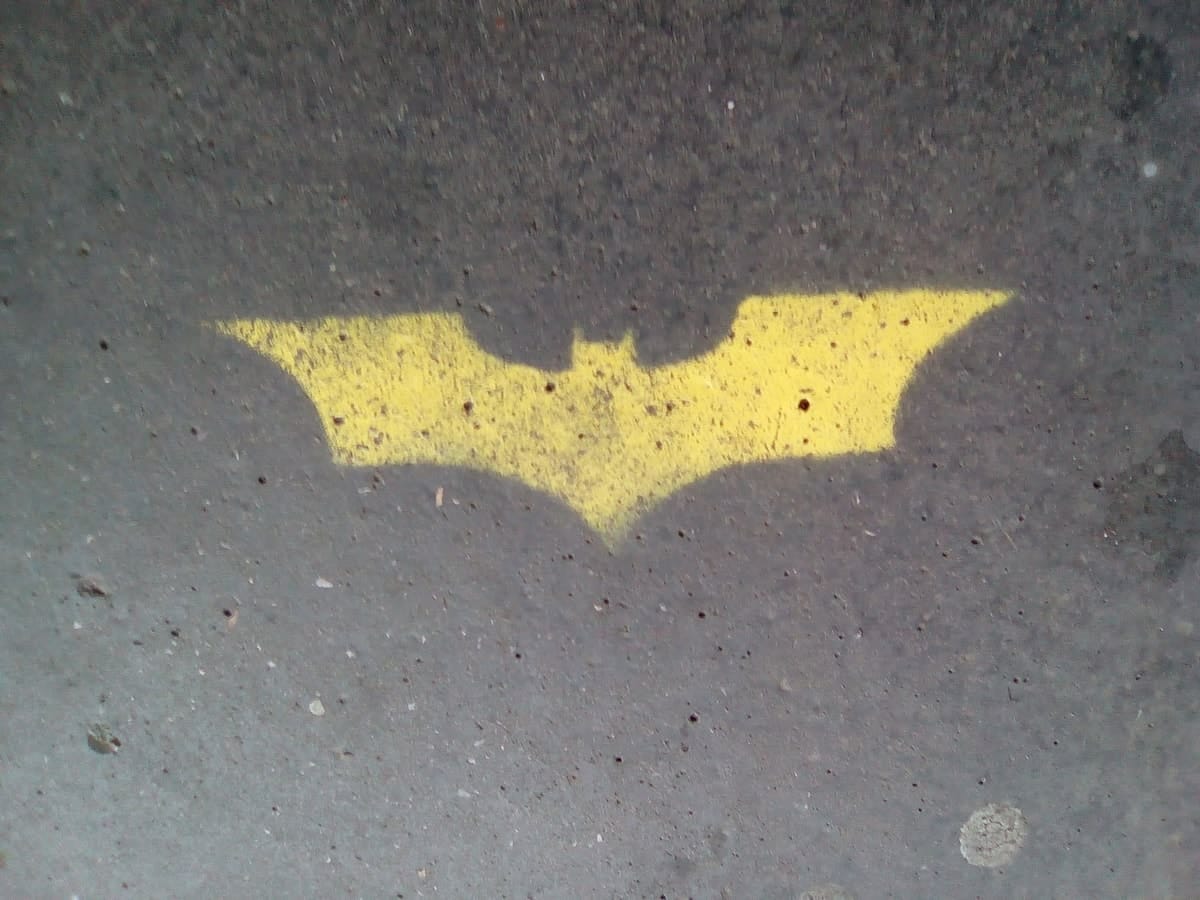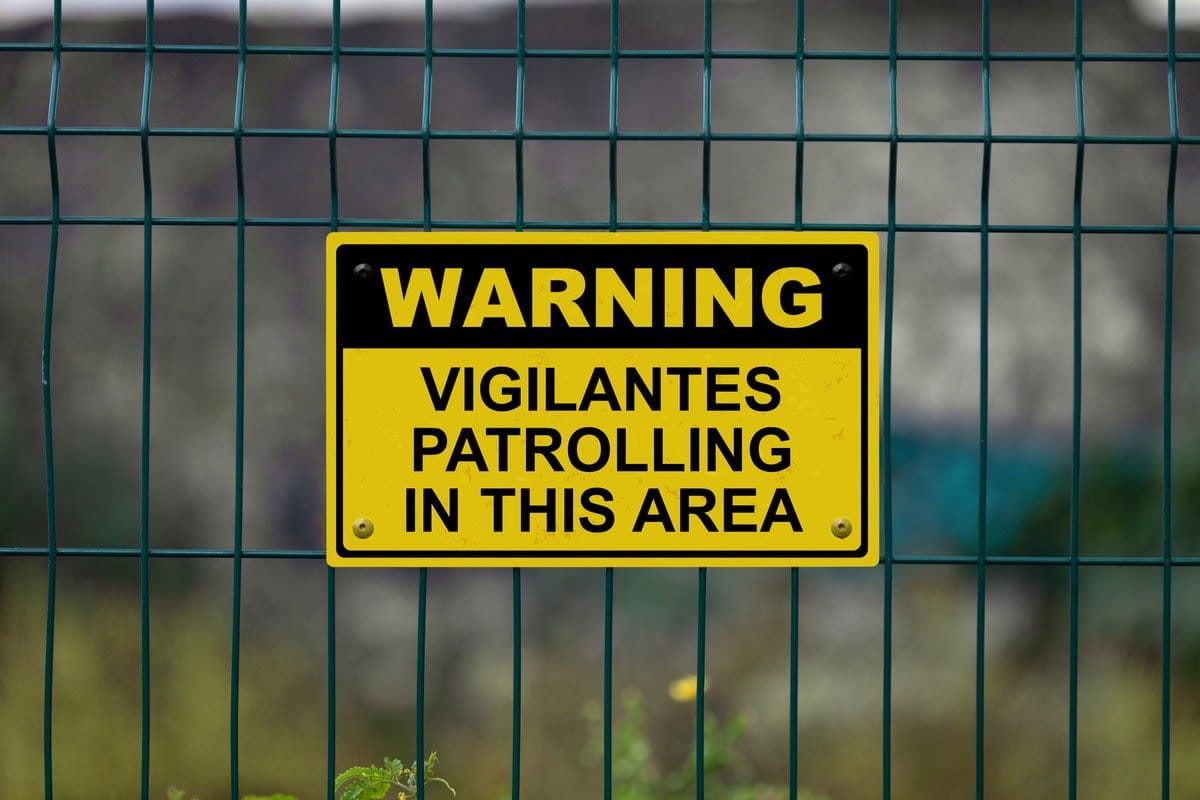

The Batman character has been a popular, and commercial, success since first appearing in a 1939 DC comic. Since then, he’s featured across multiple forms of fictional media, including TV and graphic novels, and has been a staple of the superhero film genre since the ’80s.
But should we embrace this flawed character? Batman is a violent vigilante, operating outside the limits of the law and sidestepping procedural justice.
However, while vigilantism is illegal, the law doesn’t exhaust morality, so perhaps our support for the caped crusader can be justified, ethically speaking.
The latest reboot of Batman provides an image of a deeply flawed character, one who’s struggling to control his rage, who is emotionally inhibited, violent, and intent on pursuing criminals outside of the law, unwilling to be held accountable by the state.
While difficult to provide a definitive account of the Batman character, these themes are regularly encountered across the expansive fictional rendering of Batman. So is his desire for vengeance.
But Batman’s story isn’t a straightforward revenge narrative. We’re often reminded that his quest is for justice, which is meant to distinguish it morally from simple revenge driven by personal or sectional interests.
Read more: Justice and the internet: the rise (and risks) of the online vigilante
This distinction is important for our moral assessment of Batman, for vigilantism is fundamental to his character, and is arguably the most important element for the audience.
As fans, we tend to uncritically celebrate our superheroes, even when their actions are comparable to those we abjure in real life. Can we, in good conscience, reconcile our romanticising of fictional vigilantes with condemning (and rightfully so) the actions of people such as Ahmaud Arbery’s murderers and the cruel history of right-wing militia “patrolling” the US-Mexico border?
Ethics tells us that our practical morality should be non-arbitrary, consistent, and properly compelling, based on a minimally defensible vision of the public good and our shared humanity.

Morally dubious means
Beyond Batman’s psychological struggles, we’re also made aware of his morally dubious means, such as torture, to achieve his goals.
Yet, ultimately, we’re presented a positive view of his vigilantism that is even infused with notions of virtue. This risks downplaying the negative aspects and shameful history of vigilantism, which is typified by right-wing groups brutally and unjustly targeting racial and social minorities, participating in extra-judicial killings, and violently countering collectives pursuing self-determination.
Vigilantism often employs a vision of shared humanity that relies on unjust classifications such as race, class and religion to diminish the sense of moral obligation toward the target.
In Batman, the villains are meant to be so obviously wicked (historically employing racist stereotypes) that they forgo their legal, constitutional and even human rights.
But we should be concerned that the decision to suspend such protections, and the range of means this makes available to Batman, are determined unilaterally.
The problems of vigilantism
Vigilantism is riven with mistakes, or shameless prejudice, disproportionate harms, self-righteousness, and unintended consequences. And we now see these problems amplified in the online world, where digital vigilantism has become commonplace.
The vigilante targets persons or groups they believe are avoiding justice, usually a result of ineffective law enforcement, inadequacies in procedural justice, and a present failure in the rule of law.
These issues are usually precipitated by a social or political crisis, and collectively render the formal institutions of justice ineffective, requiring the granting of exceptional powers to the “hero”.
This might help explain the contemporary appeal of superhero vigilantism during a period where some Western democracies have turned toward narratives of fear and conflict to shore up their authority by granting themselves exceptional powers.
While often immoral, Batman acknowledges that his extra-legal status is vital for fighting crime, highlighting his apparent ambivalence toward individual human rights.
This also reminds us that vigilantism is typically socially conservative, sympathetic to the existing social and political order, but aiming to expand and intensify the application of the law.
Batman is no revolutionary, committed to the idea of retributive justice. Crime and offence must be punished, and at times this justifies the use of transgressive means, with some limitations.
Batman’s golden rule is to never kill (although he has), and this is meant to comfort us as we cheer his every Thwack!, Bam! and Smash!
We’re reassured Batman is unlike other fictional vigilantes, such as the Punisher and Dirty Harry, who wantonly kill their targets. But this doesn’t foreclose the question of the morality of Batman’s vigilantism. It doesn’t excuse his penchant for extreme and disproportionate violence, torture and surveillance, which he sometimes uses even against people who might have not committed a crime.
While often immoral, Batman acknowledges that his extra-legal status is vital for fighting crime, highlighting his apparent ambivalence toward individual human rights.

Shifting culpability, but not moral responsibility
Batman, like all vigilantes, is not willingly accountable to the state, or it seems some authoritative social norms. However, his approach to perceived injustice serves the interests of both Batman and the Gotham City Police Department, allowing both parties to shift culpability – but, I must add, not moral responsibility.
Batman is accused of taking the law into his own hands. He argues he is “forced” to act because of the failure of the existing social and political institutions to maintain social order.
This, again, spotlights the risk of vigilantism – it’s legally and morally transgressive, and largely unconstrained. Moreover, the condemning and condoning of Batman by the GCPD flirts with the idea of militant citizen patrols, where our shared humanity is diminished, and people are sometimes killed needlessly.
The morality of vigilantism needs to be determined case by case. We should not assess it reductively through its illegality, nor should we glamorise it by deference to its perpetrator.
At worst, vigilantism is shamelessly prejudiced and murderous. Perhaps at its best it holds the state accountable for the recognition and protection of individual human rights.
What’s certain is that we should not uncritically celebrate our “hero” vigilantes, fictional or real.





